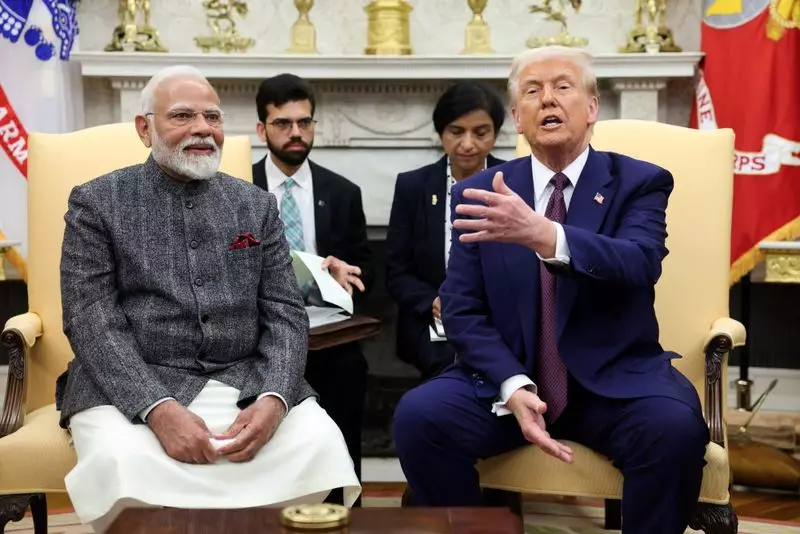
In a dramatic political accusation, the Indian National Congress has claimed that Prime Minister Narendra Modi is deliberately skipping the upcoming ASEAN-India Summit to avoid a potential meeting with former US President Donald Trump. The opposition party suggests this move reflects the government's apprehension about diplomatic engagements ahead of crucial elections.
Political Firestorm Over Summit Absence
The controversy erupted when Congress leaders questioned the Prime Minister's decision to miss the important regional summit, where he was expected to interact with several world leaders, including the likely Republican presidential candidate Donald Trump. The opposition party didn't mince words, using the popular Bollywood phrase "Bachke Rehna Re Baba" to suggest the PM is evading the encounter.
Timing Raises Eyebrows
Political analysts note that the summit comes at a sensitive time, with both India and the United States heading toward significant elections. The Modi government's decision to send External Affairs Minister S. Jaishankar instead of the Prime Minister has fueled speculation about the government's diplomatic calculations.
Congress's Accusations Gain Traction
Congress spokespersons have been vocal in their criticism, suggesting that the Prime Minister's absence indicates:
- Apprehension about facing tough questions from international media
- Concerns about the optics of meeting Trump during election season
- Potential discomfort with discussing sensitive bilateral issues
- Strategic avoidance of unpredictable diplomatic scenarios
Government's Stance
While the government has maintained that scheduling conflicts led to the decision, opposition parties remain skeptical. The Ministry of External Affairs has emphasized India's continued commitment to ASEAN partnerships, pointing to the high-level representation being sent to the summit.
Regional Implications
The ASEAN-India Summit holds significant importance for regional diplomacy and economic cooperation. India's engagement with Southeast Asian nations has been a cornerstone of its "Act East" policy, making the Prime Minister's absence particularly noteworthy to regional observers.
As the political drama unfolds, all eyes remain on how this diplomatic decision will impact India's international relationships and domestic political narrative in the coming months.






